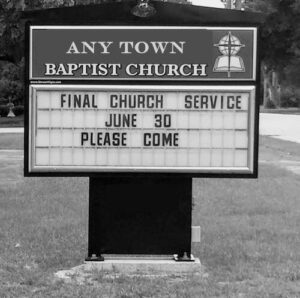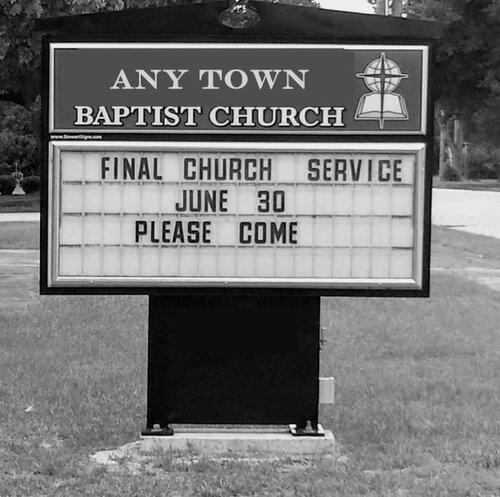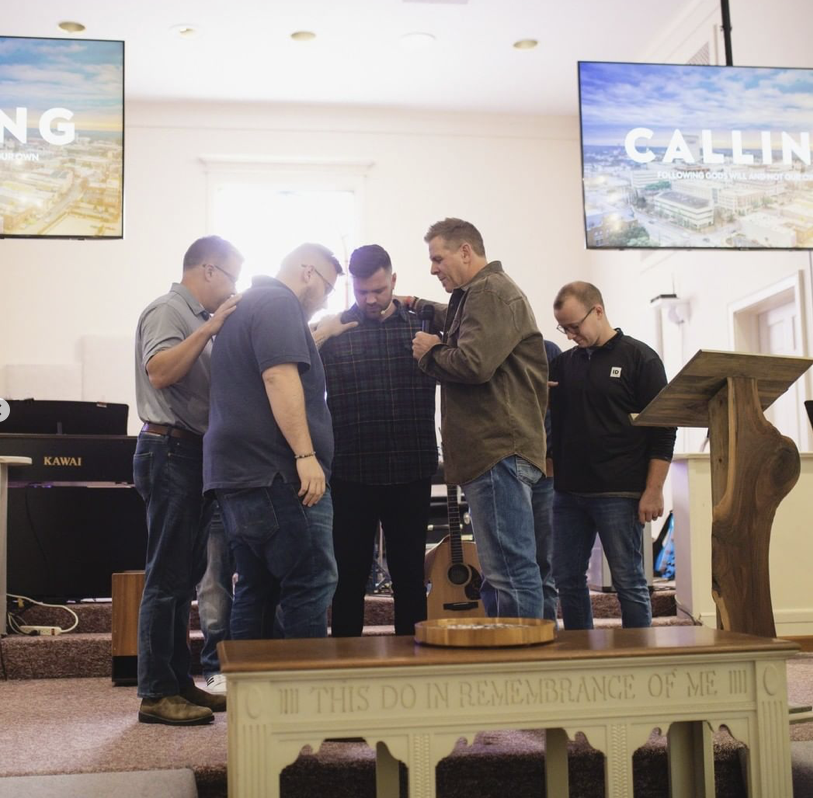6 Benefits of an Associational Revitalization Team

From the people in the pew to the professor in the seminary, an enormous amount of energy is being focused on the burning question of the day: What do we do to help declining churches? In fact, there is hardly a place in the Christian life where the topic of church decline and demise is not frequently discussed.
The pressure to find solutions is probably felt most acutely at the associational level, where Directors of Mission (AMS) are constantly being sought after to give advice, counsel and direction to struggling churches. The reality is, however, that no Director of Missions can, or ought to, try to address the problem alone. Simply providing direction and leadership to revitalize or reSTART one church is a Herculean effort; how can one person lead and direct multiple churches to health? What can be done?
One of the more helpful things a Director of Missions can implement in order to aid in the process of assessing, communicating with, and providing leadership for church revitalization is building a Revitalization Team. A revitalization team is a group of people who are invested in your local association and demonstrate concern for declining churches, who meet and work to help share the load of the work of church revitalization in a local association. There are at least six reasons why Revitalization teams can make such a difference in an Association:
- You can’t do it alone -We have already alluded to this, but the reality is that the decline of churches in local associations is a problem that is far too large for a Director of Missions to handle. The work of encouraging, assessing, and creating vision needs to be shared among others. A revitalization team can help with these things, and provide some relief to overworked Associational leaders.
- You need more experiences than you have – no two churches are the same. The history, culture of the church, culture of the community, and a host of other factors make each church a slightly different creature. A revitalization team offers a host of experiences and wisdom that can help broaden your perspective as you are attempting to lead churches to health.
- Shared wisdom + shared vision = shared success – when multiple voices are coming together in unity to impact churches, the association can actually help to model how leadership within the local church can function when done rightly. When associational teams come together, unified around a common vision, using their differences experiences and collective wisdom to impact churches, then the church, the team, and the association can all share in the success together.
- Different churches fit with different people – not every personality fits every church. If you are careful to fit your team with diverse personalities and leadership styles, you can start to consider which members of the team might be the right people to be at that critical first meeting with a church, and you can base that decision on the unique DNA of each leader on your team. This alone can lead to a statistically higher rate of success in having follow-up (and even difficult) conversations with churches.
- Associational involvement = associational health – healthy associations are focused on seeing churches cooperate for the sake of the advancement of the Gospel and the building of the Kingdom of God. There are few better ways to focus cooperation than to see churches in your association developed and encouraged, so that more work can be done to see the Gospel advance in other places as well!
- Churches help churches – bottom line: churches are called to start, and reSTART churches. The goal of the church is the advancement of the gospel. The means by which that is accomplished is through the proclamation of the gospel, the making of disciples, and starting a new work or, and in this case, reSTARTing local churches. A revitalization team, consisting of interim pastors, church members, and pastors enables other churches in the association to aid in the process of reSTARTing churches, and thus fulfilling the Great Commission.
You need a team; not because you are not good at your job, but because you are only one person. If we are going to see churches come alive, it takes a team. So, how do you do it?

